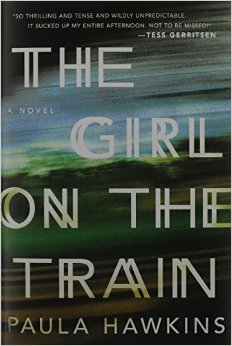When
writing about America there's a couple things you need to do to ensure your
writing is successful. First, you need to remember that America is large
country and therefore its essential that you generalize all your ideas and view
all the people as the same. Who cares that there's fifty states I mean they're
all pretty much the same anyway right? It's important to ignore the varying
cultures as there's no way you could possibly write about the culture of Hawaii
and Texas in the same article. Its better if you just treat everything as a
general "America".
If you feel
like including an image, try and find a picture of the most obese couple you
can find. It's a bonus if they're wearing unfashionable clothes and obnoxious
white sneakers.
Now you
need to highlight one of the main aspects of American culture: obesity. If you
hadn't noticed, everyone in America is obese. Everyone. If someone isn't obese yet they're definitely
on their way, gaining a pound with every bite they take from their BigMac. Ah
yes, the glorious BigMac. You need to emphasize the way in which Americans treat any
McDonald's as a shrine to God. It's good if you describe in depth the way that
those golden arches make any Americans eyes instantly light up with desire and cravings
which are never satisfied.
The Redneck
is the only type of American and any character variation besides this must be
ignored because there's no way a country as small as the United States could
have variety among the population. Now, if your story takes place anywhere
remotely southern then your character must be a redneck. When writing dialogue
for the redneck, you can never use the word "Y'all" too much. Of
course, your redneck needs something to drive on all those country back roads
so they should own at least one pickup truck, if not two. Now The Redneck
idolizes one thing above all others: freedom. If your character ever feels that
their freedom is being violated then they have the right to respond with an
argument that makes absolutely no sense. Who cares about the increasing homicide
rate? Your character deserves a gun and nothing will stop them from exercising
their Second Amendment. How can you expect your character to hunt or defend his
freedom without a gun? The Redneck is almost always uneducated but it's
important to remember that this isn't their fault. There's no way they could go
to school when they had to spend all their time working on the family farm.
However, when working on a farm all day your character tends to use a lot of
energy so it's important that they maintain a healthy and balanced diet of beer
and more beer as this will provide them the energy they need during the day.
The final
thing to remember when writing about Americans is their national pride. In
America every day is the 4th of July and if your character isn't flying the
American flag how can you be absolutely sure they're even American? They should
also sing the national anthem every day as this shows the pride and dedication
to their country. If you follow all of these tips then you should end up with a
true American.








